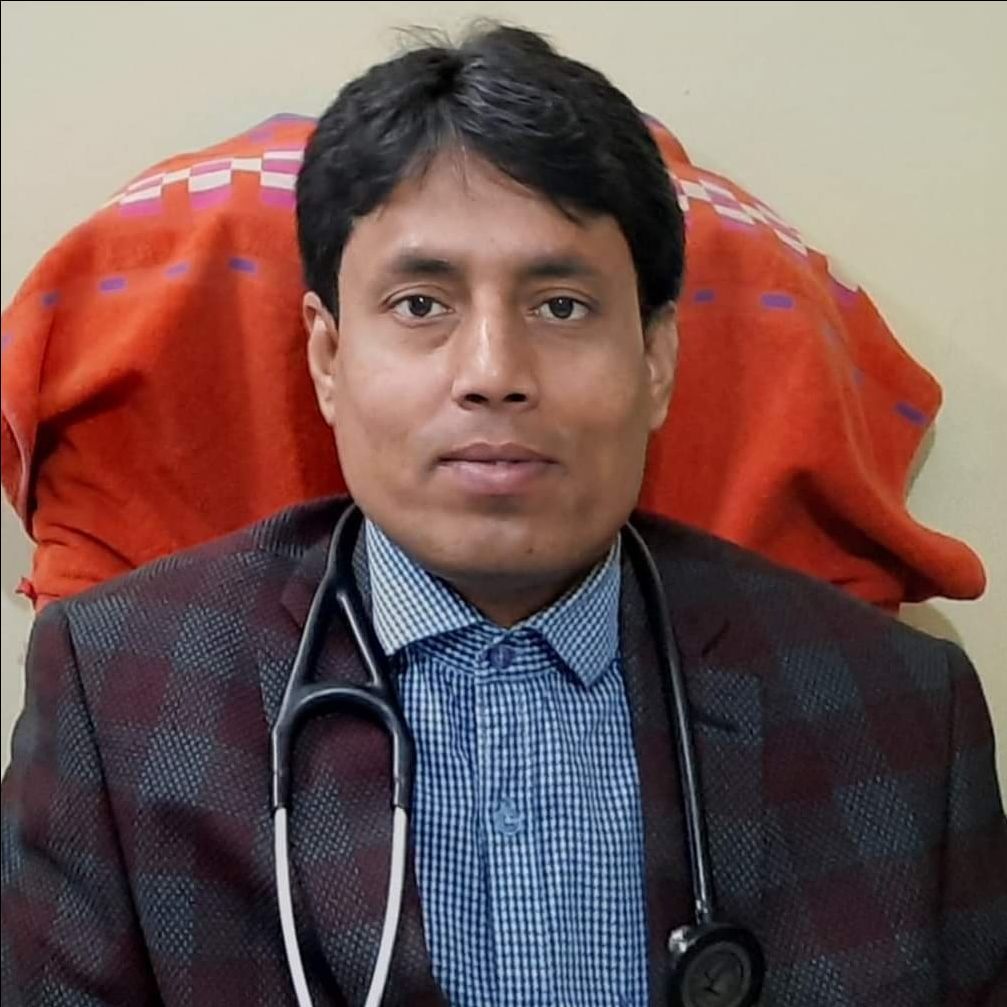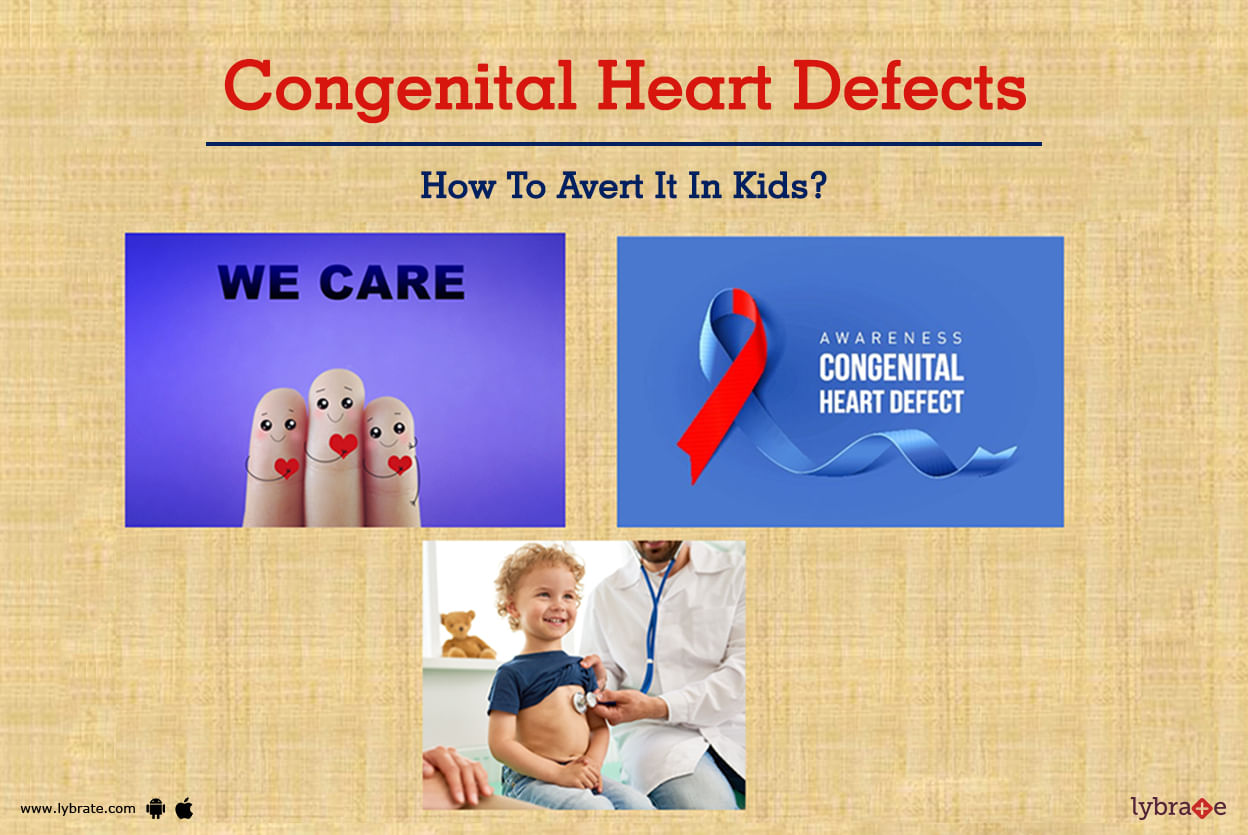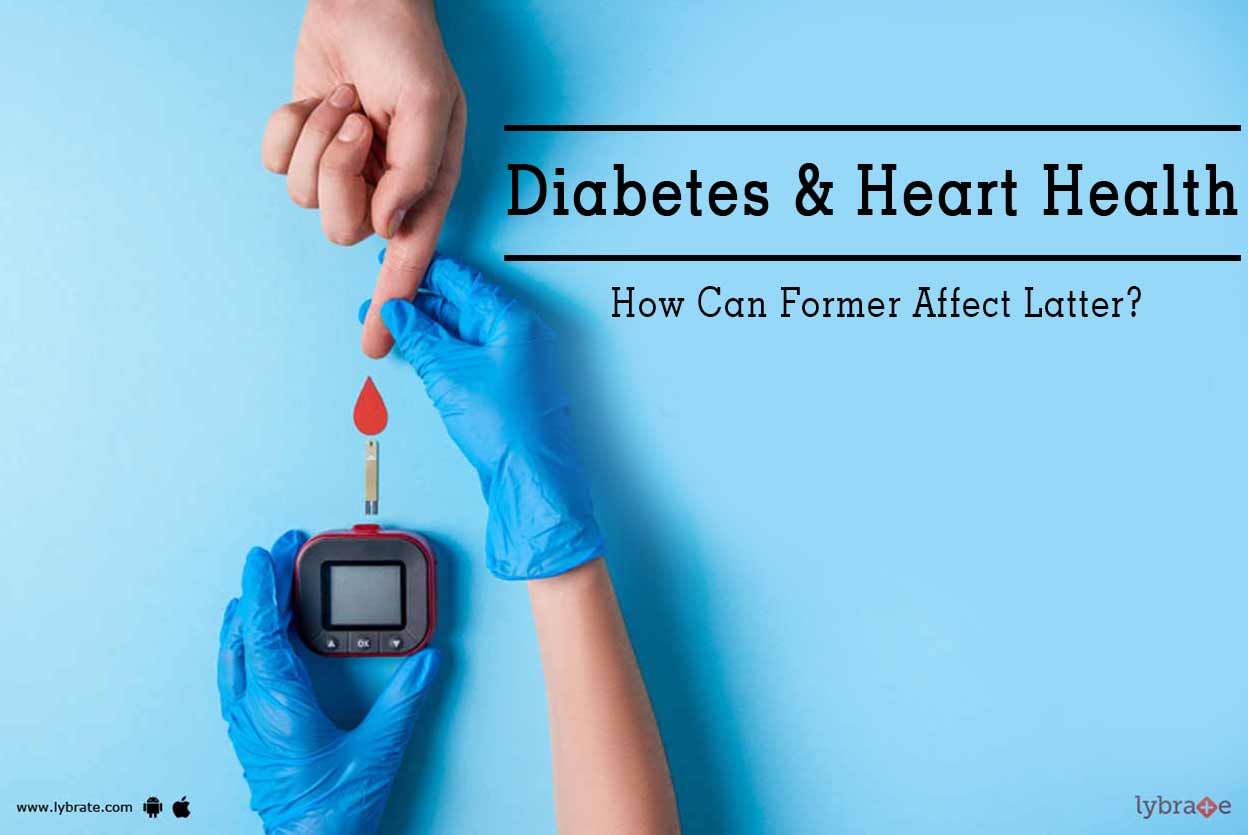Get the App
For Doctors
Login/Sign-up
About
Health Feed
Find Doctors
Health Packages
AllQ&AsTipsQuizzes
Heart Transplant Tips
Last Updated: 6 years ago• Featured Tip
Share
Bookmark
Report
MBBS (Hons), MD DTCD CCMTD(Thyroid) , NM...read more
General Physician•Patna
Last Updated: 6 years ago• Featured Tip
Share
Bookmark
Report
High blood pressure, which is often a result of hypertension, is the leading risk factor for a stroke, which in turn leads to severe and long-term disability, including death. Managing your blood pressure levels is the most critical thing you can do to lessen your risk of a stroke, and you should leave no stone unturned in keeping your blood pressure at optimum levels.
What causes a stroke?
A stroke, which is often referred to as a brain attack, takes place when the supply of b...more
What causes a stroke?
A stroke, which is often referred to as a brain attack, takes place when the supply of b...more
Last Updated: 6 years ago• Featured Tip
Share
Bookmark
Report
The word acute coronary syndrome refers to a group of symptoms that are caused by blockage of the blood flow to the heart muscles. The most common result of this is myocardial infarction or heart attack as it is popularly called. Reduced blood flow leads to death of some portion of the heart muscle wall. While the word heart attack sounds almost fatal, it need not be the case. Knowing how to identify an attack and being aware of some simple measures can help save lives.
Symptoms: The...more
Symptoms: The...more
Last Updated: 6 years ago• Featured Tip
Share
Bookmark
Report
Bradycardia is a condition which in basic terms means slow beating of the heart. In most cases, the typical rate is 60 to 100 beats in a minute when the person is at rest. In case your heart beats less than 60 times in a minute, then it is slower than normal. But a slow heart rate is not always a health concern even though sometimes it could indicate issues with of the heart.
What could bradycardia mean?
Some people with slow heart rate or bradycardia tend to be very fit, and they h...more
What could bradycardia mean?
Some people with slow heart rate or bradycardia tend to be very fit, and they h...more
Last Updated: 6 years ago• Featured Tip
Share
Bookmark
Report
Coronary artery disease is one of the major killer diseases of modern society. It is not a solitary problem but brings with it a multitude of issues including obesity, diabetes, stroke, and other metabolic disorders. A thorough understanding of what causes it and how to manage it can help save thousands of lives.
Causes: The circulatory system is mainly made up of the heart and a complex network of arteries and veins. The inner walls of these are lined with smooth muscles, allowing for ...more
Causes: The circulatory system is mainly made up of the heart and a complex network of arteries and veins. The inner walls of these are lined with smooth muscles, allowing for ...more
Last Updated: 6 years ago• Featured Tip
Share
Bookmark
Report
MBBS, MD - Paediatrics, FNB Pediatric Ca...read more
Pediatric Cardiologist•Delhi
If a child is suffering from a congenital heart defect, it means that the child is born with a heart defect. Some of the heart problems are simple and don t need treatment, while some are very complex and may need multiple surgeries depending on the prevailing heart condition.
Symptoms of Heart Defects-
The symptoms in children with serious heart defects depend on the type of congenital heart disease. Symptoms that a child can show are:
Breathing problem while feedi...more
Symptoms of Heart Defects-
The symptoms in children with serious heart defects depend on the type of congenital heart disease. Symptoms that a child can show are:
Breathing problem while feedi...more
Last Updated: 6 years ago• Featured Tip
Share
Bookmark
Report
Severe disorders in one or more kidneys can be debilitating since the quality of life is severely affected. If you suffer from such a condition, you may already be undergoing dialysis. But, have you considered a kidney transplant yet?
Here is a look at some benefits of kidney transplant over dialysis.
1.Increased life expectancy
You may not know this, but dialysis restricts your life expectancy. For instance, a person undergoing dialysis at 30 will have a life expectan...more
Here is a look at some benefits of kidney transplant over dialysis.
1.Increased life expectancy
You may not know this, but dialysis restricts your life expectancy. For instance, a person undergoing dialysis at 30 will have a life expectan...more
Last Updated: 6 years ago• Featured Tip
Share
Bookmark
Report
Suffering from diabetes does not only mean that you need to be careful about what you eat. Diabetes is a condition that involves lots of risks. You may have to revamp the lifestyle, apart from diet restrictions. Regular exercises, stress-free attitude, and quitting smoking and drinking are mandatory. Your complete system can be affected by diabetes, and most importantly, your heart can be at risk. Yes, your chances of getting affected by heart diseases are higher when you are a diabetic. But, th...more
Last Updated: 6 years ago• Featured Tip
Share
Bookmark
Report
Elimination of the waste products is the core function performed by our kidneys. Any failure or any infections to the kidney can hamper this process thus leading to a condition where the waste could accumulate in the body. These body fluids can rise to dangerous levels and are often life-threatening. In medical terms, they are known as acute kidney failure. Though there are countless options and medical treatments available in treating them, nothing can beat a homeopathy approach in treating the...more
Last Updated: 6 years ago• Featured Tip
Share
Bookmark
Report
Cardiomyopathy is a heart muscle disease that makes it difficult for your heart to supply blood to the rest of the body. This disease affects the heart s size, shape and structure, hence resulting in heart failure. Some of the common types of cardiomyopathies are
Hypertrophic cardiomyopathy
Restrictive cardiomyopathy
dilated cardiomyopathy.
The disease is generally inherited and some family members might get more affected than others, while others may not suffer at all or co...more
Hypertrophic cardiomyopathy
Restrictive cardiomyopathy
dilated cardiomyopathy.
The disease is generally inherited and some family members might get more affected than others, while others may not suffer at all or co...more
Ask a free question
Get FREE multiple opinions from Doctors
posted anonymously




















